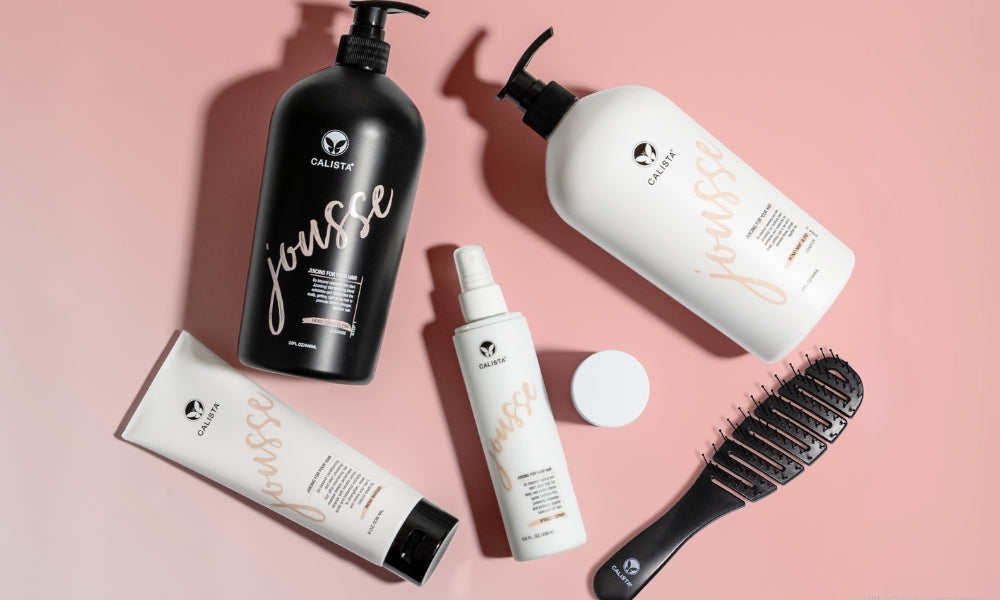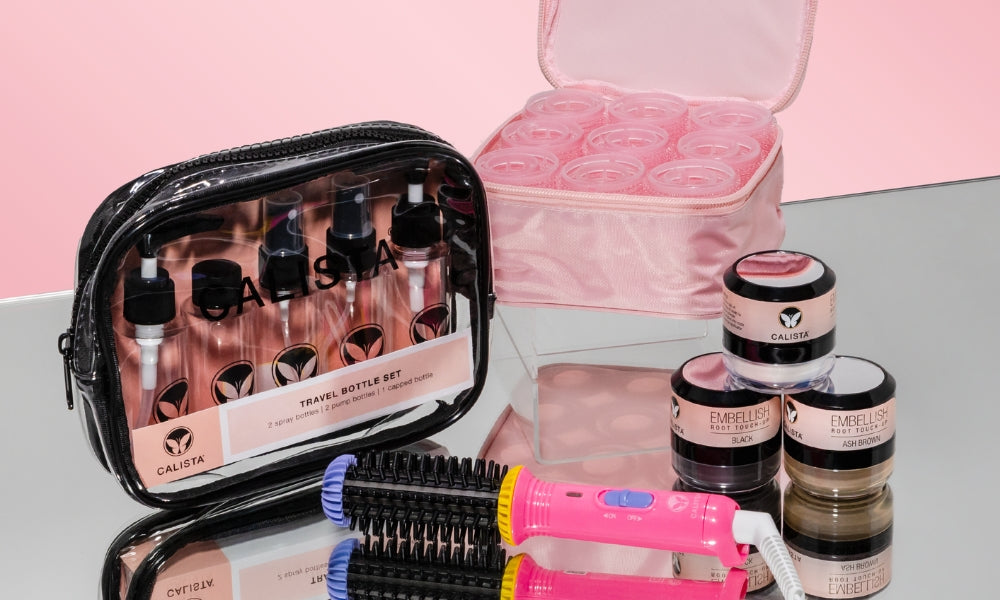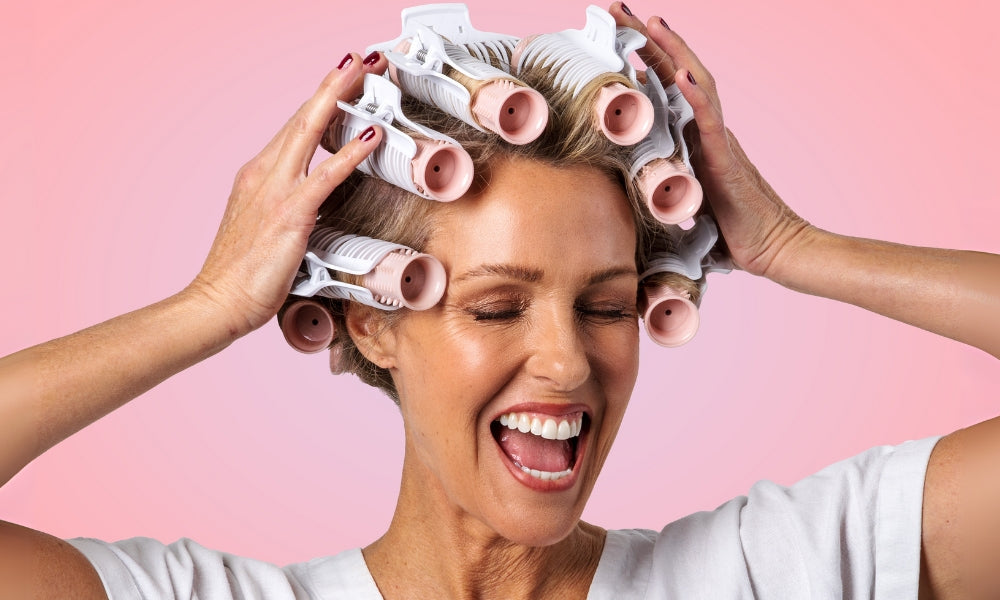Dandruff: we’ve all heard of it. Perhaps you know someone who uses a special shampoo, perhaps you’ve seen the commercials for how to handle such an affliction, or perhaps you’ve dealt with the itchy, irritating stuff yourself. Regardless of your experience with dandruff, you’re likely well aware of what an annoyance it can be. Not only does dandruff affect the state of your hair, it can also seriously hinder your day-to-day comfort. Today, we’re breaking down what dandruff is, why it occurs, and small steps you can take to beat it.
What Is Dandruff?
Dandruff is a common condition that causes flecks of dry skin to flake from the scalp. Believe it or not, we are constantly shedding and the top layer of our skin is being renewed on a regular basis. Because the cells are shed one at a time, this ongoing shedding typically goes unnoticed. However, if the scalp is inflamed, these cells may stick together as they shed, causing large clumps to come off at once in the form of visible flakes. This is what we’ve come to know as dandruff. It’s most likely to become visible when falling onto the shoulders, specifically when wearing dark colors, or trapped by hair on the scalp. While dandruff is not contagious, it can be uncomfortable, embarrassing, and downright frustrating.
Why Does Dandruff Occur?
While this condition can occur in all people, there are a few factors that add to your risk. For one, dandruff is much more common in young or middle-aged adults. It’s also more common in men than in women. That being said, about 50% of the population will suffer from dandruff at some point in their life.
How would you know if you have dandruff? While you might be compelled to wait around for a pile of snow-like flakes to compile on your shoulder, the main symptom to look out for is an irritated, flaking, itchy scalp. The typical reaction to this is to scratch it, but this can cause scratch marks, sores, or even additional scaling of the scalp and actually exacerbate the problem.
Dealing With Your Dandruff
While the correct strategy is completely subjective and depends on factors like age and underlying conditions, there are some lifestyle changes that can help!
We recommend avoiding products that contain chemicals or promote dryness in your scalp. That means checking the ingredients of all your haircare products for sulfates and parabens. Known to strip hair of natural oils and dry out the scalp, parabens and sulfates are absolute no-no’s when shopping for shampoo. Stick with a naturally-derived formula that promises to be free of these harmful additives. Other changes like brushing your hair more often to clear it of dead skin and managing your stress levels can play a role in helping prevent dandruff.
If you are certain you have a serious case of dandruff, it’s important to see a dermatologist. It’s possible that there is an underlying condition such as psoriasis that needs to be dealt with by a professional. Additionally, dermatologists have access to treatments that can target your dandruff, such as prescription shampoos that help exfoliate the dead skin cells or target yeast production that can lead to dandruff.









Leave a comment